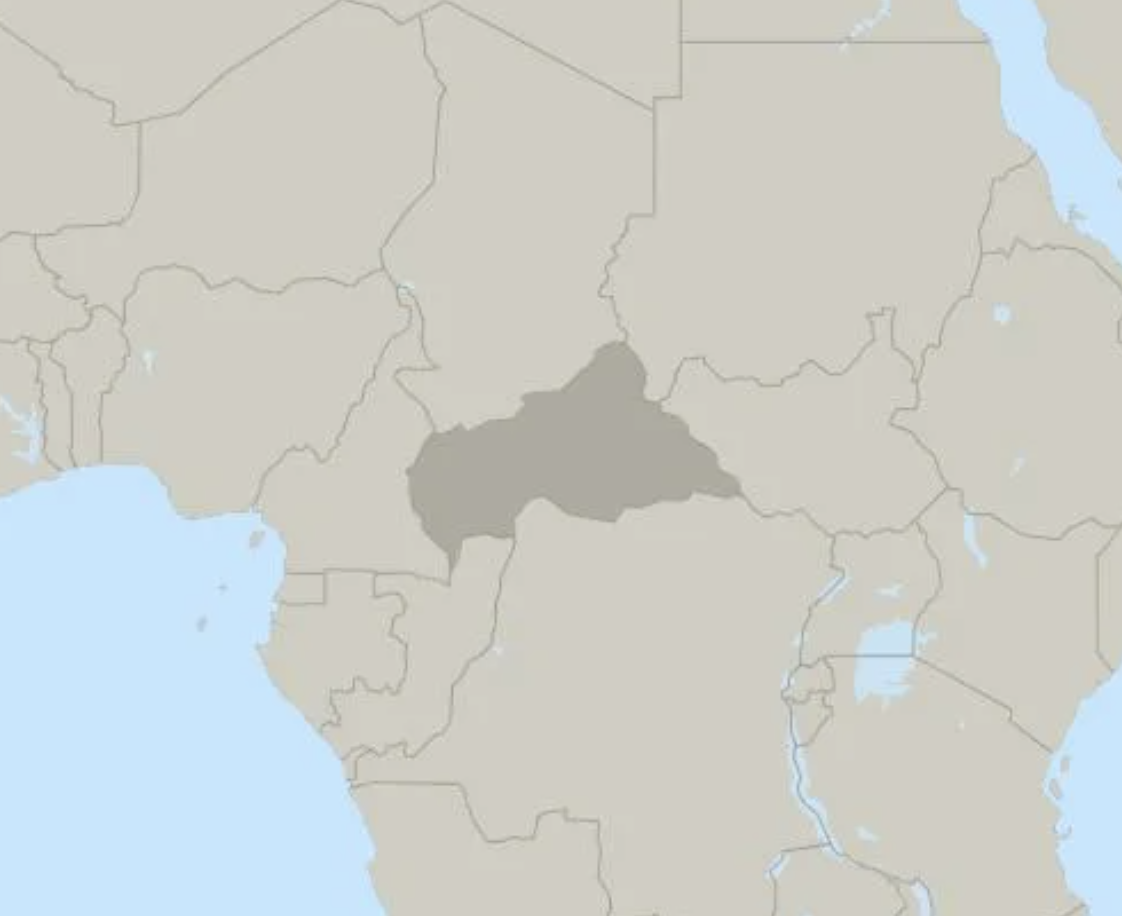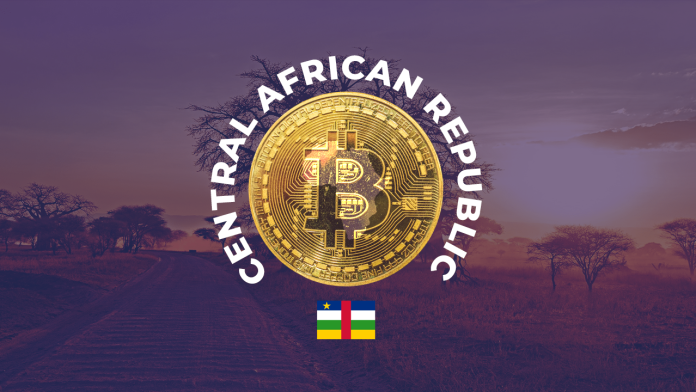tl;dr Summary: The Central African Republic (CAR) announced it would accept bitcoin as legal tender. This approach to free themselves from their current currency, the CFA franc, is much different from Western African countries. Given the challenges El Salvador has faced with their attempt to make bitcoin legal tender, it begs the question whether this bill is realistic or merely political posturing.
The Central African Republic (CAR) announced towards the end of April that it will accept bitcoin as legal tender. This now makes the second country to make bitcoin a legal tender, the first being El Salvador back in September of 2021.
The CAR’s parliament voted unanimously on a bill that would ratify the following:
1) Make bitcoin legal tender in the country
2) Legalize the use of cryptocurrencies
Despite a unanimous vote from parliament, the bill has seemed to receive considerable push back from both the citizens of the country as well as some lawmakers who felt the law was passed in an unconstitutional manner. Political dynamics aside, the bill has some important implications for the country and provides another datapoint for crypto enthusiasts on the viability of crypto as a widely adopted currency.

What is Legal Tender
To understand the implications of the bill on the CAR we first need to understand what it means for a currency to be legal tender.
In any country, the governing body of the country must declare which currency or currencies the country and its citizens will legally accept. The country doesn’t have to be the producer of the currency in order to declare it legal tender but declaring a currency to be legal tender requires citizens and institutions of the country to accept said currency as a suitable medium of exchange.
For the CAR, this bill now requires all its citizens and institutions to be able to exchange bitcoin to settle all kinds of transactions within the country. If this already sounds extremely complex to execute, it becomes even more dizzying when you look at the supporting infrastructure for this change.
In the CAR, approximately 31% of its population have mobile connection, approximately 16% have access to electricity, and approximately 11% have access to the internet. With the CAR being one of the least developed countries in the world having over 60% of its population living in poverty, the concept of bitcoin being a nationally accepted currency seems to many more aspiration than realistic.
El Salvador
So, there is a healthy amount of skepticism surrounding the CAR’s decision to make bitcoin as a legal tender but where might it go from here? To get potential insights into the question we have to look at El Salvador.
As mentioned earlier, El Salvador made bitcoin legal tender back in September of 2021. Over half a year later, we finally have some insights into the challenges that the country has experienced since putting that law into practice:
1) Technical Issues: Even from the start, El Salvador struggled with the technical execution of bitcoin. Chivo, the government-endorsed wallet of El Salvador, was inundated by technical issues upon its launch that have persisted for users to this day.
2) Technical Fluency: Only a small percentage of individuals in El Salvador understand what bitcoin and crypto really is. Chivo also has a challenging user interface that citizens have found confusing to transact with especially when transacting with non-Chivo wallets.
3) Volatility: The majority of the citizens that have tried to utilize bitcoin prefer to stick with cash. The volatility of bitcoin has just been too difficult for businesses to deal with.
These are just the main concerns that have risen to the surface related to El Salvador’s use of bitcoin as legal tender. This doesn’t even include the political nuances and infrastructure challenges that country has faced trying to make bitcoin widely adopted.
In El Salvador, the majority of its population have a mobile connection and electricity with approximately 55% of the population having access to the internet. Despite this, El Salvador had/has some serious issues implementing bitcoin as legal tender. These concerns are only further exacerbated by the stark contrast between El Salvador and the CAR from both a technical and practical standpoint.
Why Currency Matters
The CAR currently uses the Central African CFA franc as its main legal tender. The CFA franc is used by 6 other central African countries and its closely related currency, the West Africa CFA franc, is used by 8 other West African countries. For years, these African countries have utilized the CFA franc as a stabilized currency for its citizens to transact on. By using a fixed exchange rate with the euro, the CFA franc is essentially pegged to the value of the euro which makes volatility of the currency limited.
While this type of currency is valuable for their country, their ability to leverage economic policy to execute development plans is nearly non-existent. Additionally, having another country oversee your legal tender means that the flow of cash feeds directly outside of the country without any promise of aid or ancillary benefits.
What’s Next
So, the tension and incentives to find an alternative to the CFA franc are clear. Not having control over your own currency severely limits your ability to plan and stimulate growth economically but having a currency that is out of control would be substantially worse. The situation isn’t dire, but it isn’t exactly ideal. Because of this, we have seen African countries push back against the CFA franc.
In West Africa, we see the Economic Community of West African States starting to plan to introduce their own single currency called “eco” which would eventually merge with the West African CFA Franc. In Central Africa, we now see policy makers turning to crypto as an alternative to the CFA franc.
While there are challenges and criticisms to the approach West Africa has taken to their single currency it seems that the approach to their monetary change is in line with the challenges that the CFA franc creates.
In contrast, the approach from Central Africa deviates somewhat drastically from the challenges identified above. A switch to crypto isn’t a panacea for currency volatility, control over monetary policy, or freedom from conversion fees. It trades the costs and benefits the CFA franc has for those of bitcoin which can be seen as equally challenging, if not more challenging.
As the CAR begins to execute on their plans for Bitcoin as a legal tender, it will be interesting to see whether they can execute or if their decision is merely political posturing.






